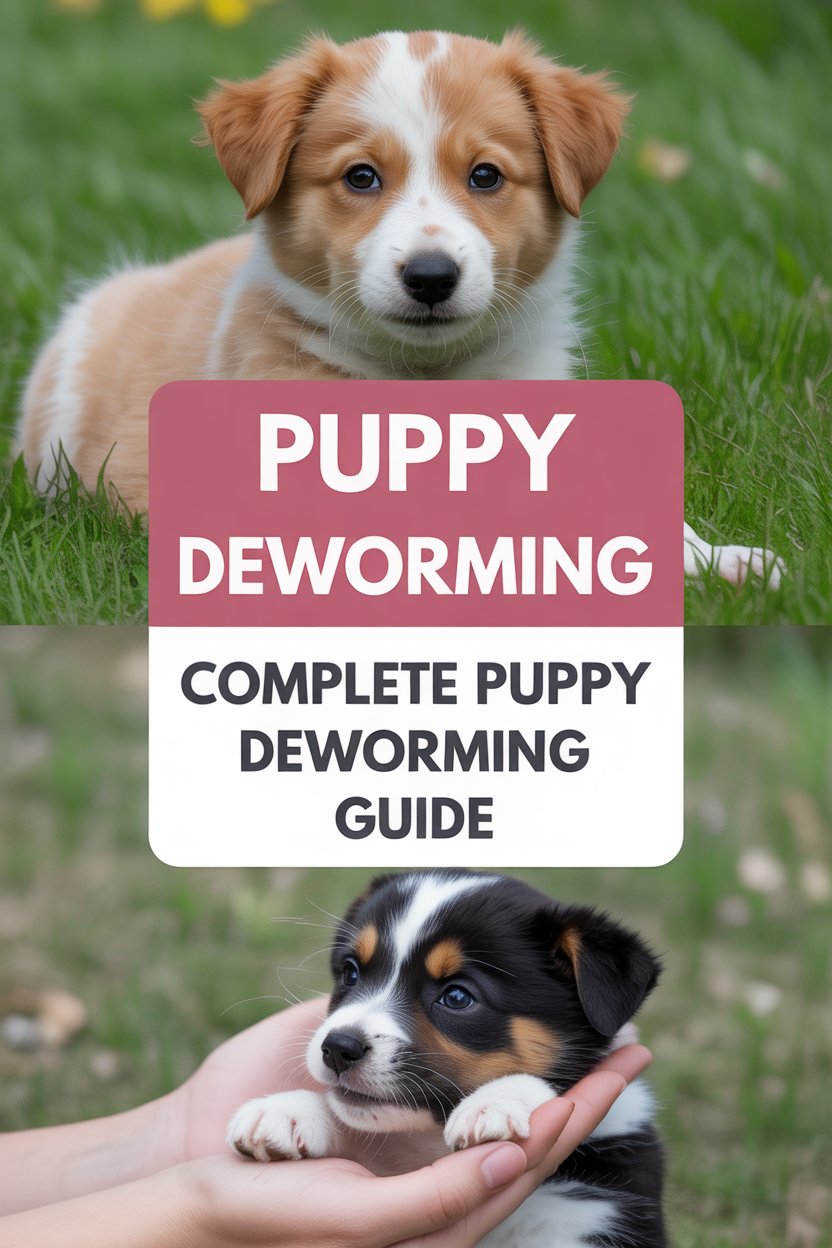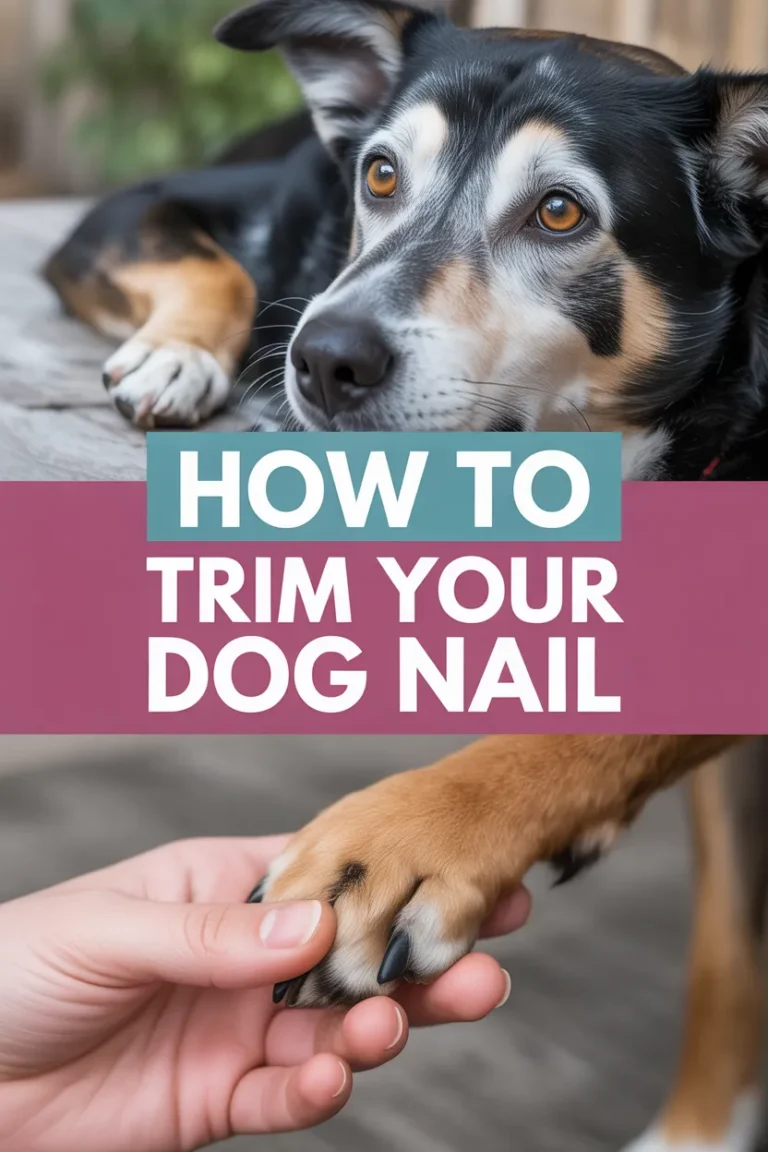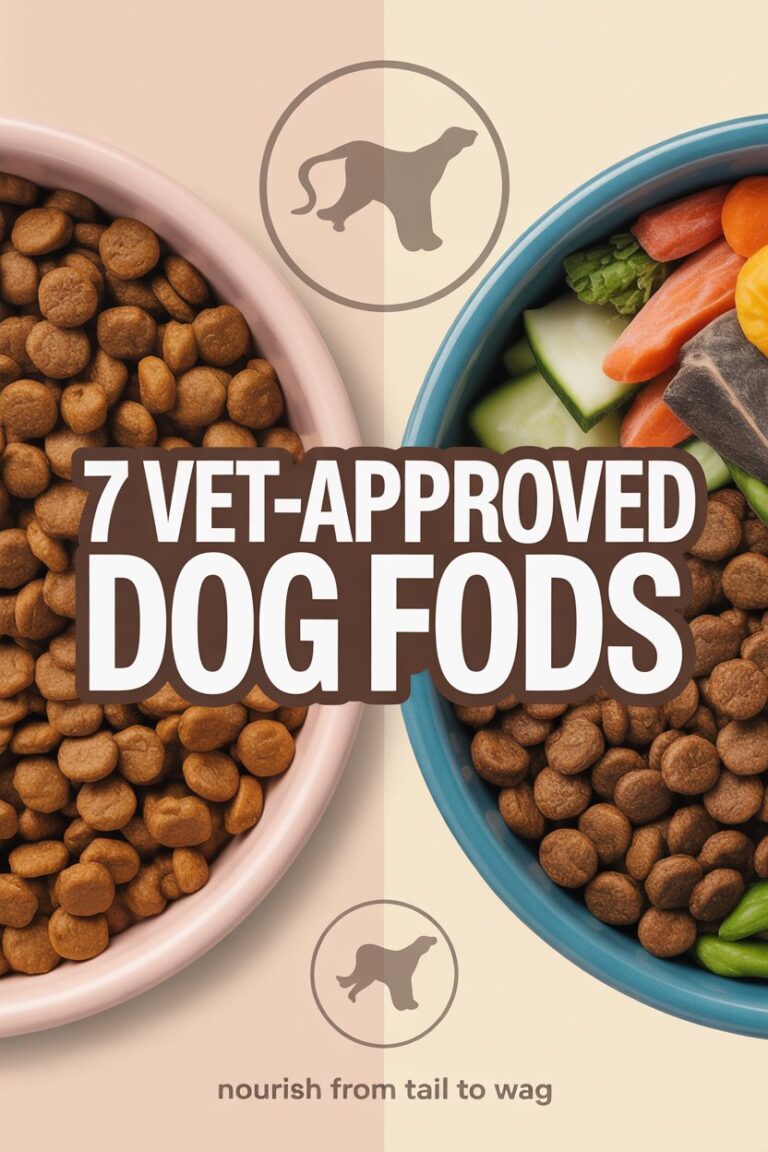Puppy Deworming Guide: Keep Your Pup Healthy and Happy

Bringing home a puppy is a bundle of joy — but it also comes with responsibilities. One of the most important early steps in keeping your pup healthy is deworming. Worms are common in puppies and can affect growth, digestion, and overall well-being. That’s why a clear puppy deworming guide is essential for every new pet parent.
I remember when I first got my puppy — full of energy one day, then suddenly lethargic and bloated the next. A quick vet visit revealed intestinal worms. Thankfully, with proper deworming, he bounced back quickly. Here’s everything you need to know about deworming your puppy.
1. Why Deworming Is Important
Puppies are especially vulnerable to worms because they can be passed from their mother or picked up from their environment. A puppy deworming guide helps prevent:
- Poor growth and nutritional deficiencies
- Digestive issues like diarrhea or bloating
- Serious health complications if left untreated
- Spread to other pets — and sometimes even humans

2. Common Types of Worms in Puppies
Before following a puppy deworming guide, it helps to know the culprits:
- Roundworms: The most common, causing bloating and poor growth.
- Hookworms: Can lead to anemia and weakness.
- Whipworms: Less common but can cause weight loss and diarrhea.
- Tapeworms: Often transmitted by fleas; look like rice grains in stool.
Knowing these helps you recognize the signs early.
3. Signs Your Puppy May Have Worms
A puppy deworming guide is often triggered by noticing these symptoms:
- Bloated belly
- Diarrhea or vomiting
- Weight loss despite eating well
- Dull coat or poor growth
- Worms visible in stool or around the anus
Even without signs, most puppies need regular deworming as a preventive measure.

4. Puppy Deworming Schedule
One of the most important parts of a puppy deworming guide is timing. Most vets recommend:
- 2 weeks old: First deworming treatment
- Every 2 weeks until 12 weeks old
- Once a month until 6 months old
- Every 3 months after 6 months, depending on lifestyle and exposure risks
Always confirm the exact schedule with your vet.
5. How Deworming Works
Dewormers (also called anthelmintics) are safe medications that kill or paralyze worms so they can pass out of your puppy’s system.
- Available in tablets, liquids, or topical forms.
- Some cover multiple types of worms.
- Always use vet-prescribed doses — never guess or self-medicate.
6. Preventing Re-Infestation
A complete puppy deworming guide also covers prevention:
- Keep your pup’s living area clean.
- Control fleas, since they spread tapeworms.
- Dispose of stool promptly in the yard.
- Avoid letting puppies eat random things outside.
Good hygiene and regular check-ups help keep worms away for good.

7. When to See the Vet
If you follow a puppy deworming guide but still notice signs of worms — or if your pup has severe diarrhea, vomiting, or lethargy — contact your vet right away. Sometimes worms are resistant or need stronger treatment.
Final Thoughts
A healthy puppy is a happy puppy. Following a puppy deworming guide ensures your furry friend grows strong, energetic, and ready to explore the world.
Remember, worms are common, but with love, routine care, and regular vet visits, they’re also very manageable. And when you see your puppy bouncing around with bright eyes and a wagging tail, you’ll know you’ve given them the best start in life. 🐶❤️






